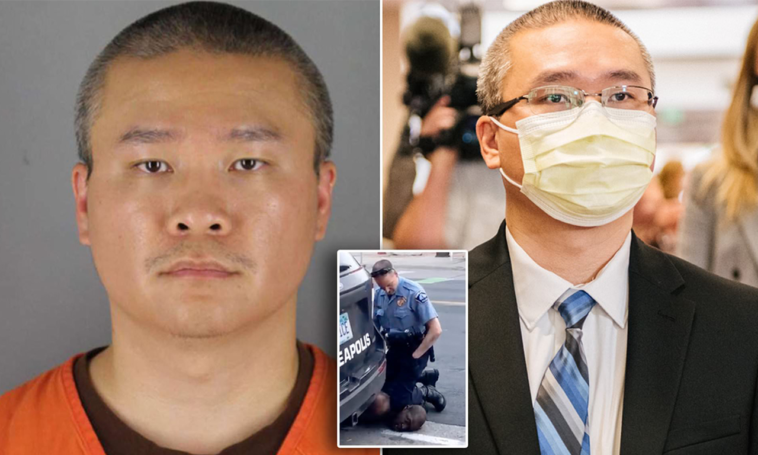Supreme Court rejects appeal by Tou Thao, police officer who held back crowd as George Floyd lay dying. The decision by the U.S. Supreme Court not to review the federal civil rights conviction of former Minneapolis police officer Tou Thao marks a continuation of legal outcomes stemming from the tragic death of George Floyd.
The rejection, made without comment, solidifies Thao’s previous conviction and maintains the legal consequences for his role in the events leading to Floyd’s death.
George Floyd’s death on May 25, 2020, became a focal point for national and global discussions on police brutality and racial injustice. The widely circulated video capturing former officer Derek Chauvin kneeling on Floyd’s neck for 9 ½ minutes, while Floyd pleaded for his life, ignited widespread protests and prompted a reevaluation of law enforcement practices.
In the aftermath, legal proceedings unfolded against the officers involved, including Tou Thao. Thao, who is of Hmong descent, served as a key figure in the incident. His role was described by him during the trial as that of a “human traffic cone,” asserting that he merely held back concerned bystanders while Chauvin restrained Floyd.
However, the federal trial in 2022, where Thao was convicted along with two other former officers for violating Floyd’s civil rights, portrayed a different narrative. The prosecution argued that Thao’s actions, far from being that of a passive bystander, were complicit in the unjust treatment of Floyd. Thao’s defense countered, claiming a lack of willful intent and citing prosecutorial misconduct as factors that denied him a fair trial.
The rejection of Thao’s appeal by the Supreme Court is consistent with the legal course of action seen in the aftermath of Floyd’s death. Derek Chauvin, the officer directly responsible for Floyd’s death, had earlier pleaded guilty in the federal civil rights case and was convicted of second-degree murder in a separate state trial.
The legal consequences extended to Thao and two other former officers, who were also convicted in the federal trial. In addition to the federal convictions, Thao, along with the other officers, faced charges at the state level for aiding and abetting Floyd’s murder. The convergence of both federal and state charges reflected the gravity and public outcry surrounding Floyd’s death.
Thao, now serving concurrent sentences of 3 ½ years for the federal conviction and 4 ¾ years for the state conviction, remains entangled in the legal aftermath of the case. The rejection of his Supreme Court appeal solidifies the convictions and underscores the legal accountability imposed on those involved in Floyd’s death.
The implications of the legal proceedings extend beyond individual culpability to broader discussions on policing, systemic issues, and the need for reform. Floyd’s death acted as a catalyst for heightened awareness of police brutality, particularly against Black individuals, and prompted calls for meaningful changes in law enforcement practices.
While the legal chapters related to George Floyd’s death seem to be reaching conclusions, the broader societal impact and ongoing conversations about police reform continue. The rejection of Tou Thao’s appeal serves as another step in the legal aftermath of a tragic event that reverberated globally, leaving an indelible mark on discussions around justice, accountability, and the need for systemic change.
READ ALSO
TSA Director Arrested by US Customs and Border Protection: Forgery Allegations Surface



Join the Community and Be a Part of the Conversation
You must be logged in or registered to post a comment.